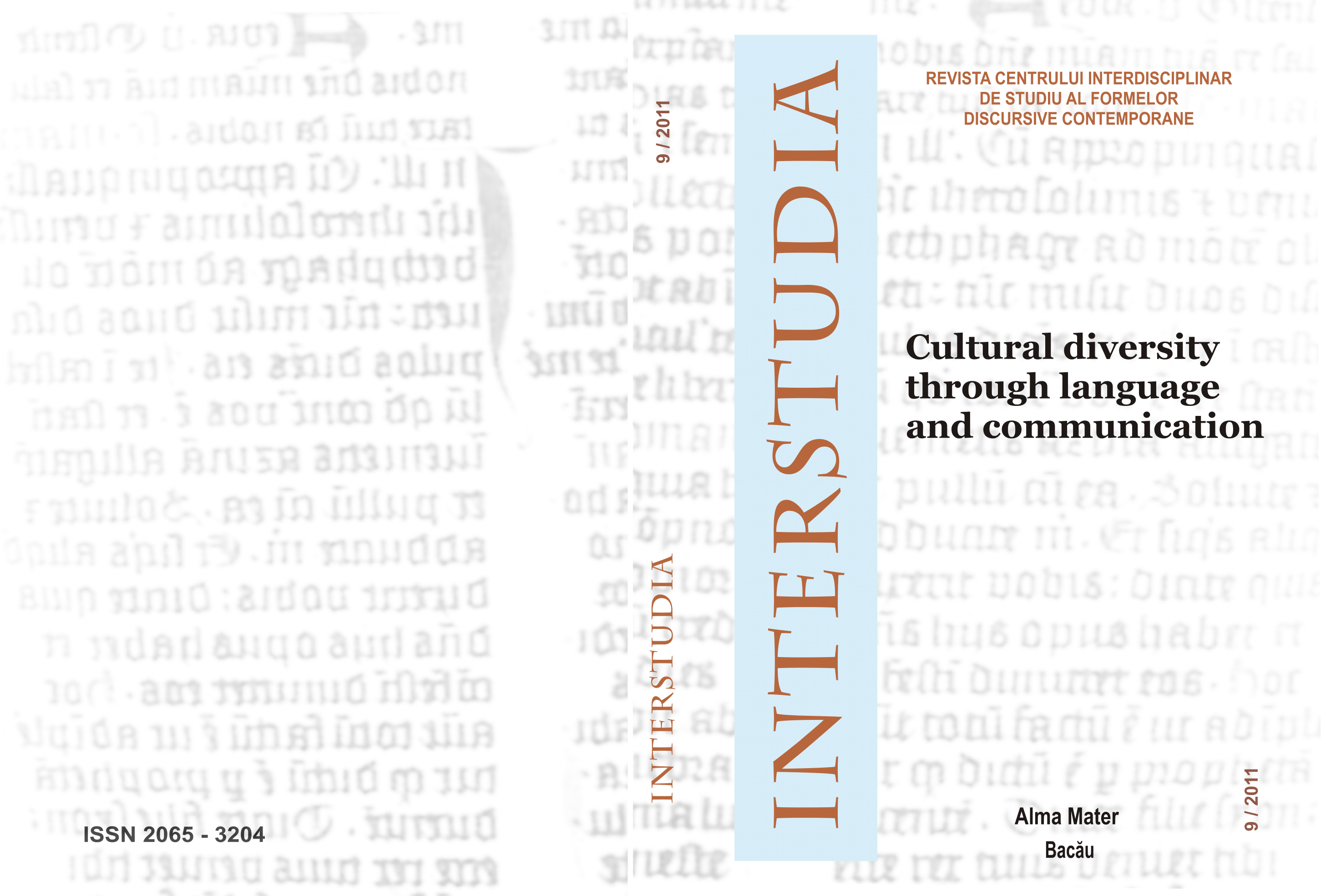“Fair is Foul and Foul is Fair”: the poetics of evil in Macbeth by William Shakespeare
“Fair is Foul and Foul is Fair”: the poetics of evil in Macbeth by William Shakespeare
Author(s): Elena CiobanuSubject(s): Cultural Essay, Political Essay, Societal Essay
Published by: Editura Alma Mater
Keywords: poeticity; style; ambiguity; equivocation; dissolution
Summary/Abstract: This paper aims at analysing the type of poeticity that governs the tragedy of Macbeth by William Shakespeare. The stylistics of the witches’ discourse reveals some hidden destructive structures that corrupt words and meanings. These patterns can be identified in the figures of speech that dominate the play’s language from the very first scene. The perversion of the poetic tropes is paralleled by a perversion of the process of signification brought about by the prophetic formula of ‘Fair is foul and foul is fair’. Macbeth’s tragedy is not only a tragedy of exaggerated ambition and uncontrolled wrath, but also a tragedy of encoding and decoding of images and metaphors.
- Issue Year: 2011
- Issue No: 09
- Page Range: 26-24
- Page Count: 9
- Language: English
- Content File-PDF

